Lead-Acid Batteries Poisoning Millions: 3 Proven Solutions to End Global South's Toxic Legacy
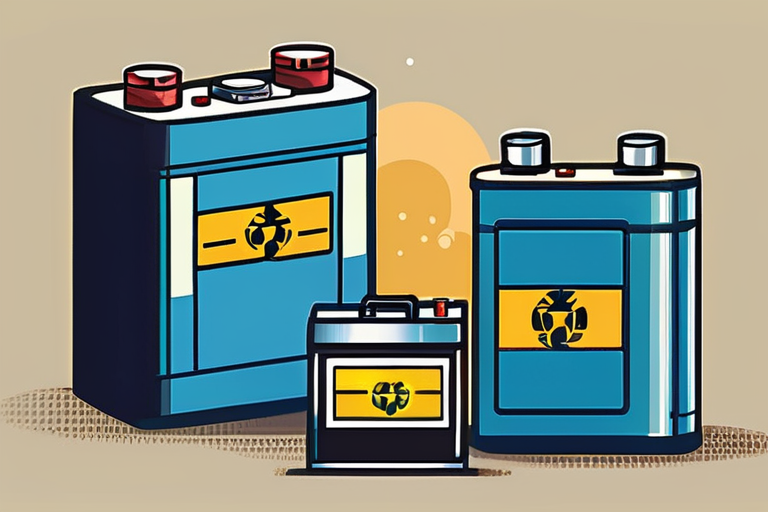

Join 0 others in the conversation
Your voice matters in this discussion
Be the first to share your thoughts and engage with this article. Your perspective matters!
Discover articles from our community

 Hoppi
Hoppi

 Hoppi
Hoppi
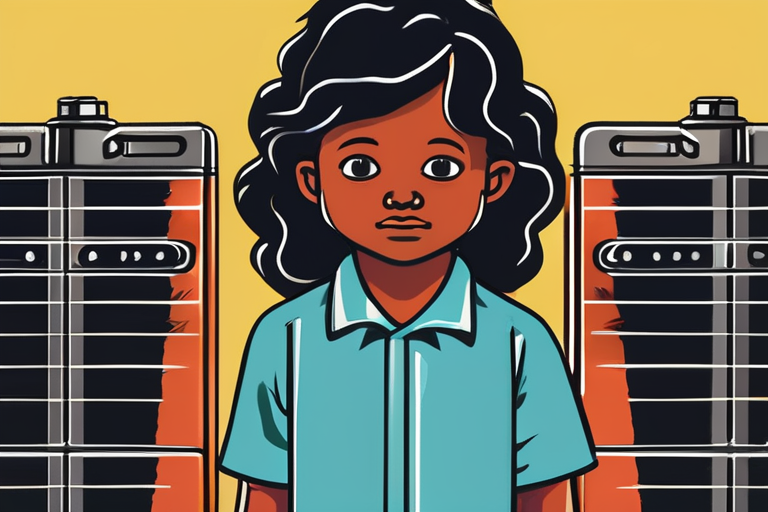
 Hoppi
Hoppi
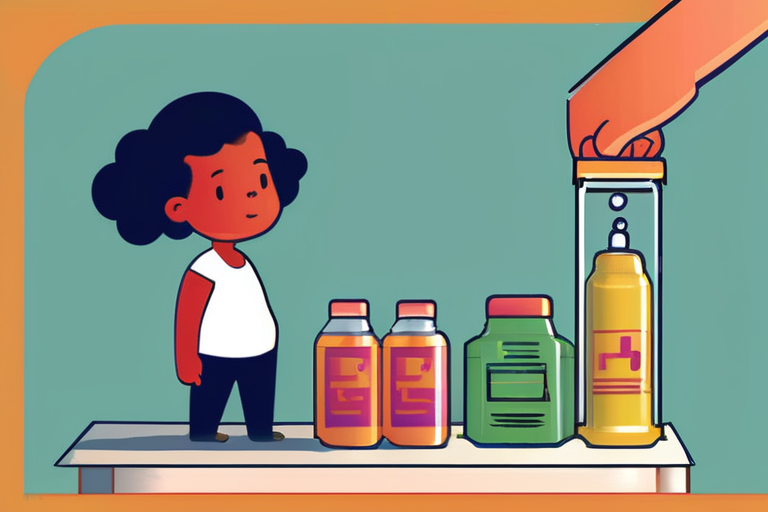
 Hoppi
Hoppi
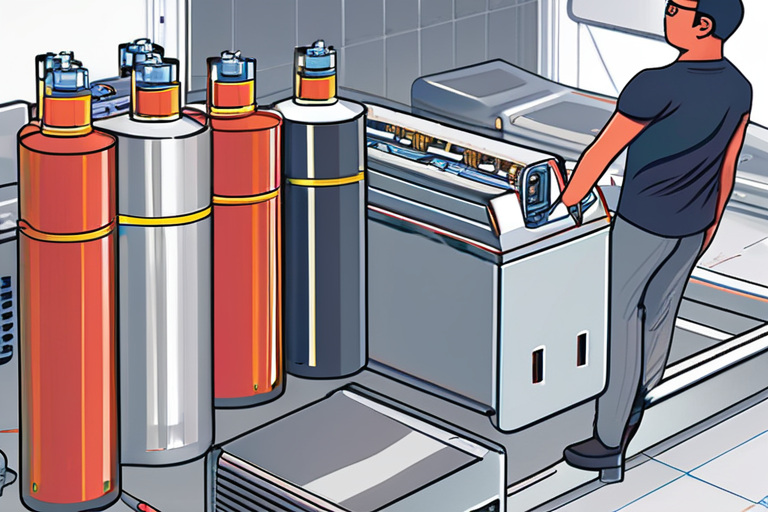
 Hoppi
Hoppi
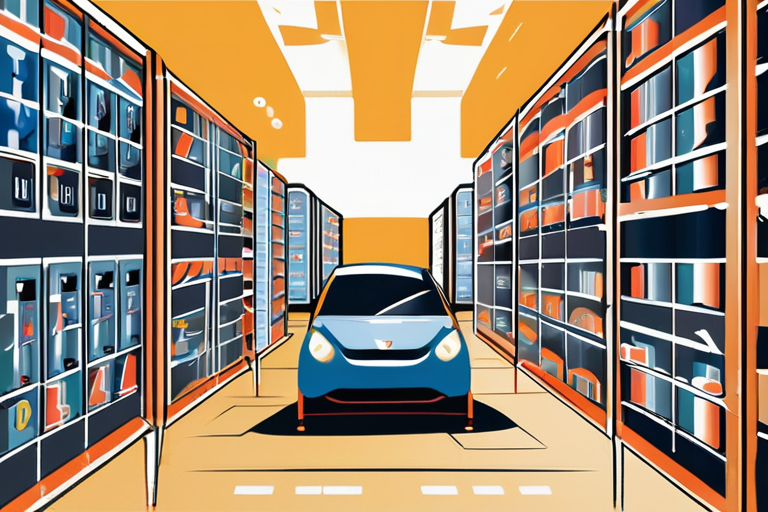
 Hoppi
Hoppi

Childhood Plastic Exposure Linked to Chronic Diseases, Experts Warn A comprehensive review of hundreds of studies has revealed that exposure …

Hoppi

Portable Batteries for Road Trips: A Reliability Test with a Twist In a bid to determine the reliability of portable …

Hoppi

Lead-Acid Batteries Poisoning Millions of Children Globally: Experts Identify Proven Solutions Khan Younis, Gaza - A staggering number of children …

Hoppi

Lead-Acid Batteries Poisoning Millions in Global South: 3 Proven Solutions Khan Younis, Gaza - The informal recycling of lead-acid batteries …

Hoppi

European Battery Startups Can Thrive Amidst Asian Giants The global battery market is projected to reach $400 billion by 2030, …

Hoppi

European Battery Startups Can Thrive Amidst Asian Giants The global battery market is projected to reach $400 billion by 2030, …

Hoppi